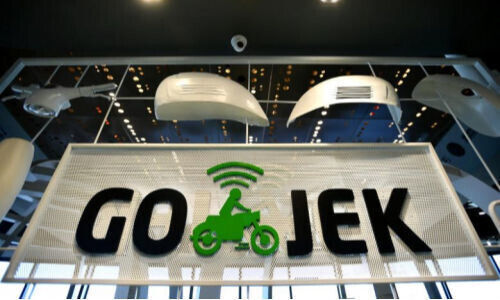Indonesia Tech Giants Complete Merger
Indonesia headquartered on-demand multi-service platform and digital payment technology group Gojek and e-commerce platform Tokopedia have completed Indonesia's largest-ever deal to create GoTo, Southeast Asia's largest privately held technology firm.
Amid growing competition among e-commerce platforms and «super-apps,» Gojek and Tokopedia giants have merged to form a multi-billion dollar company that will span e-commerce, e-payments, courier services, ride-hailing, food delivery and other services.
The merger will «increase financial inclusion in an emerging region with untapped growth potential,» Gojek co-CEO Andre Soelistyo, who will become CEO of GoTo, said in an announcement on Monday.
The deal was backed by investors including Alibaba, SoftBank, Singapore sovereign wealth fund GIC, Alphabet's Google and Tencent. Gojek's shareholders will own 58 percent of the holding company with the balance held by Tokopedia's investors, «Reuters» reported, citing sources.
Combining Strengths
Gojek and Tokopedia plan to remain separate but work together on payments, logistics and food deliveries, they said in the announcement. Tokopedia president Patrick Cao will become GoTo's president, while Kevin Aluwi will continue as CEO of Gojek and William Tanuwijaya will remain CEO of Tokopedia.
The two sides have considered a potential merger since 2018, but talks accelerated after plans for Gojek to merge with regional rival Grab fell through. The group, which is estimated to have a combined worth of $40 billion, plans to list in Indonesia and the United States later this year.
Unbanked Opportunity
The group's payments arm currently owns 22 percent of Indonesia's Bank Jago, and acquired mobile payments startup Moka in 2020. The group also has partnership deals with more than 20 banks and financial institutions.
Indonesia's digital economy expected to grow to $124 billion by 2025, according to a study by Google, Bain and Temasek. About half its population of 270 million are currently unbanked.
However, competition remains the the form of Grab, which has also set its sights on the digital economy of the world's fourth most populous nation.



























